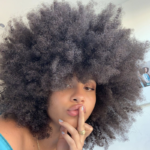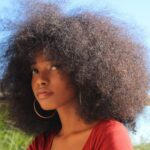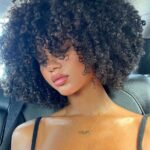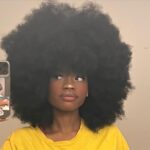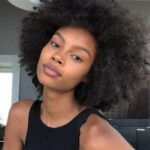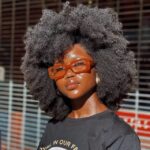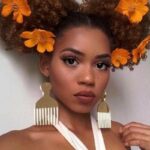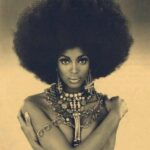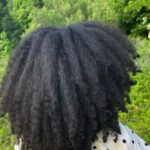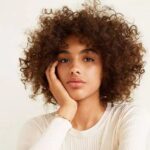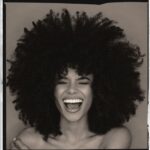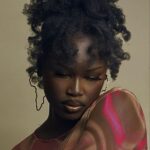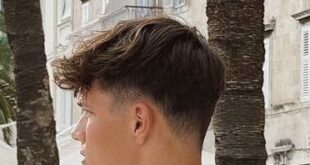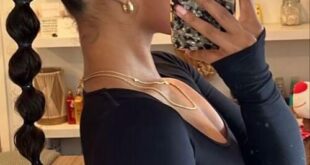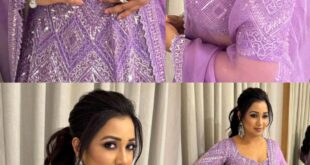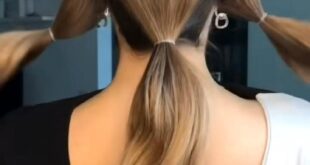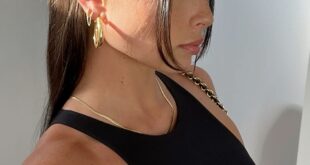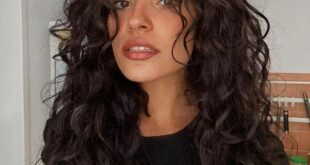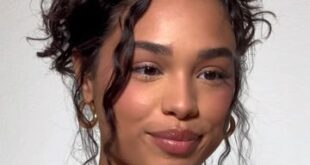As an Amazon Associate I earn from qualifying purchases.
Afro hair, also known as African textured hair, is a unique and beautiful hair type that is often misunderstood and underrepresented in mainstream beauty standards. This type of hair is characterized by its tight curls, coils, and kinks that form a voluminous and dense shape. It is common among people of African descent, although it can also be found in individuals of various ethnicities.
One of the defining features of afro hair is its versatility. It can be styled in a multitude of ways, from tight coils to loose curls, and can be worn in a variety of lengths and shapes. However, afro hair also requires special care and attention to maintain its health and vitality.
One of the biggest challenges faced by individuals with afro hair is finding the right products and techniques to care for their hair effectively. Many traditional hair care products are not formulated for afro hair’s unique needs, which can lead to issues such as dryness, breakage, and frizz. This has led to a growing movement of natural hair care products specifically designed for afro hair, which aim to nourish and protect the hair without the use of harsh chemicals.
Despite its challenges, afro hair is also a source of pride and empowerment for many individuals. It is a symbol of heritage, culture, and identity, and has a long history of being celebrated in African and African American communities. In recent years, afro hair has gained more visibility and acceptance in mainstream media, with celebrities and influencers proudly wearing their natural hair in various styles.
However, afro hair still faces discrimination and stigma in some environments. There have been instances of schools, workplaces, and even governments implementing policies that ban afro hairstyles, labeling them as unprofessional or unkempt. This perpetuates harmful stereotypes and reinforces the idea that afro hair is not as beautiful or acceptable as other types of hair.
Despite these challenges, the acceptance and celebration of afro hair continues to grow. Social media platforms like Instagram and YouTube have become powerful tools for individuals to share their natural hair journeys, connect with others who have similar hair experiences, and challenge societal norms about beauty and hair standards.
In conclusion, afro hair is a beautiful and diverse hair type that deserves to be celebrated and respected. By embracing and supporting individuals with afro hair, we can help break down stereotypes and promote diversity and inclusivity in beauty standards. Embracing afro hair is not only a celebration of natural beauty but also an affirmation of self-acceptance and empowerment.
Amazon and the Amazon logo are trademarks of Amazon.com, Inc, or its affiliates.
 innstyled styling
innstyled styling
